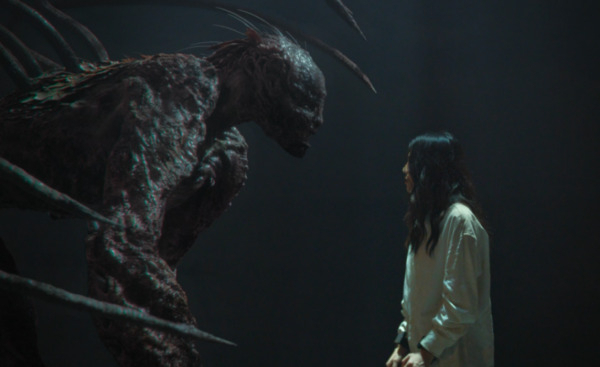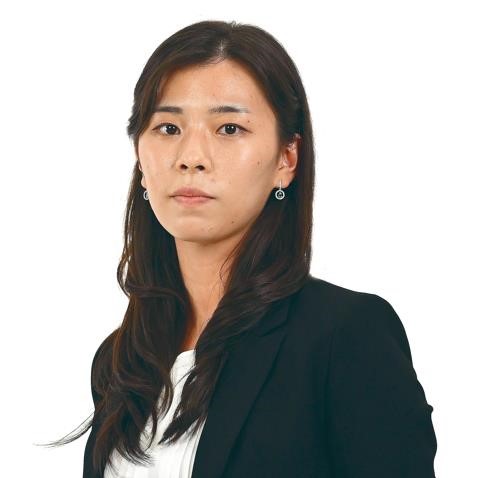'Gyeongseong Creature' inadvertently raises historical awareness among viewers around the world
By Lee Yoon-seoPublished : Jan. 30, 2024 - 15:02

While the show's writer and director clearly said that their intention for "Gyeongseong Creature," a Netflix original drama series, was to show how the people of the time lived, the show inadvertently raised awareness about the harrowing history of the Japanese colonization of Korea among viewers around the world.
"Gyeongseong Creature," which ended Jan. 5, has enjoyed global success, securing its position on Netflix's global top 10 list in the TV (Non-English) category for five consecutive weeks, from Dec. 18 to Jan. 14.
"Gyeongseong Creature" tells of characters who embark on a quest for survival in 1945 during the Japanese colonial era. Through the language of metaphor, the drama series incorporates the acts of Unit 731, a unit of the Imperial Japanese Army that engaged in human experimentation during the 1940s, into the plot, with the story of the Japanese military that conducts experiments to turn Koreans into monsters.
Regarding the historical theme of the series, international viewers whose countries had been occupied by the Japanese military during World War II said that the content reminded them of their country's history.
"Though I didn't personally live through the era, we know that Japanese imperialists brutally exploited and enslaved the Vietnamese people during the colonial period. The fact that 'Gyeongseong Creature' portrayed that time of history on a globally popular platform by symbolically comparing the acts to turning humans to 'monsters' reminded me of the history I learned about my ancestors -- and I was gratified for the opportunity," said Cais Nguyen, a Vietnamese American college student living in New York. Vietnam was colonized by the Japanese military after Japan invaded French Indochina in 1940.
"Victims of the Japanese colonial era are all over the globe. I think the fact that contents are reminding the descendants about their ancestors' hardships is very helpful," she said.
"Even though I know the drama series was made in Korea, I wish the drama series also touched upon the Japanese military's evil acts all over the world, since the work is being released on Netflix, and starring influential figures like Han So-hee. The story could have resonated with more international fans," said Farah Megat, a Malaysian American student. Malaya was occupied by the Japanese from 1941 to 1945, following the onset of the Pacific War.
Japanese audience also echoed the view that "Gyeongseong Creature" serves to spread historical lessons.
"The drama series achieved empathy from the audience that treating people unequally and with disrespect is unpleasant and horrifying. I hope that those who have seen this work felt that, and that this work becomes an opportunity for such practices to disappear from the world in the future," said a Japanese viewer on Filmarks, a popular online Japanese film review site, in the review section for "Gyeongseong Creature."
However, there was also a number of reviews from Japanese fans that criticized the drama series for imposing a one-sided, negative image of Japan.
"I cannot support productions that depict a specific country as evil and plant a fixed image," one review read.
"I understand that Japan occupied other countries, but sometimes, when dramas set in this era portray Japanese people negatively, it feels like they are intentionally provoking anti-Japanese sentiment," added another review on Filmarks.
Media experts said that dramas and films could be a double-edged sword in terms of delivering historical messages.
"Some Japanese who have seen the drama series express the opinion that they want to learn more about Japan's history, such as its colonial rule of the Korean Peninsula and Unit 731, which they did not extensively study about in school," said a media industry official based in Japan on condition of anonymity.
"However, the majority of Japanese tend to perceive historical issues in dramas as fiction or consider them as elements that heighten tension in the plot by invoking anti-Japanese sentiment. They often view these portrayals as 'anti-Japanese propaganda' within South Korea, and, (as such,) there are certain limits on using dramas for historical education," she added.



















